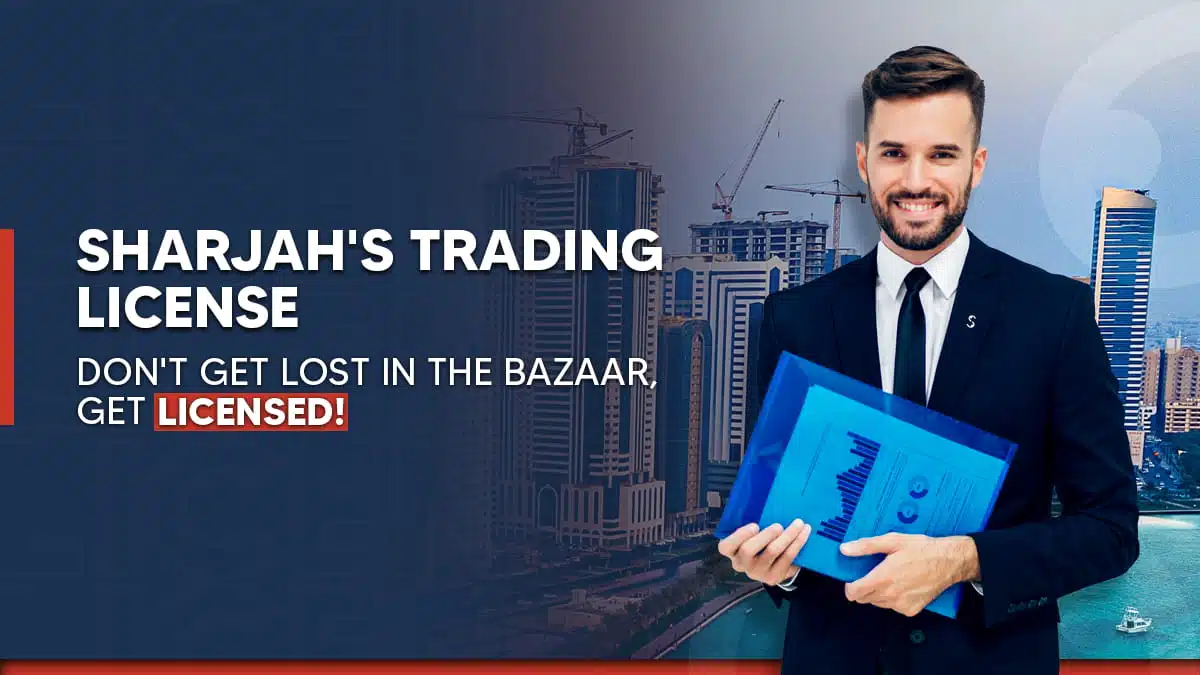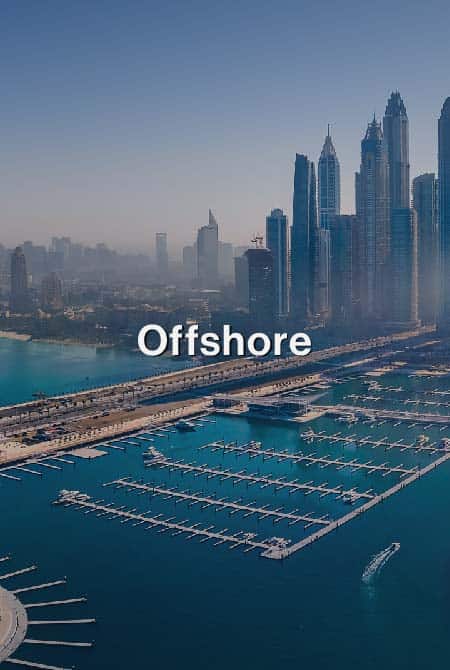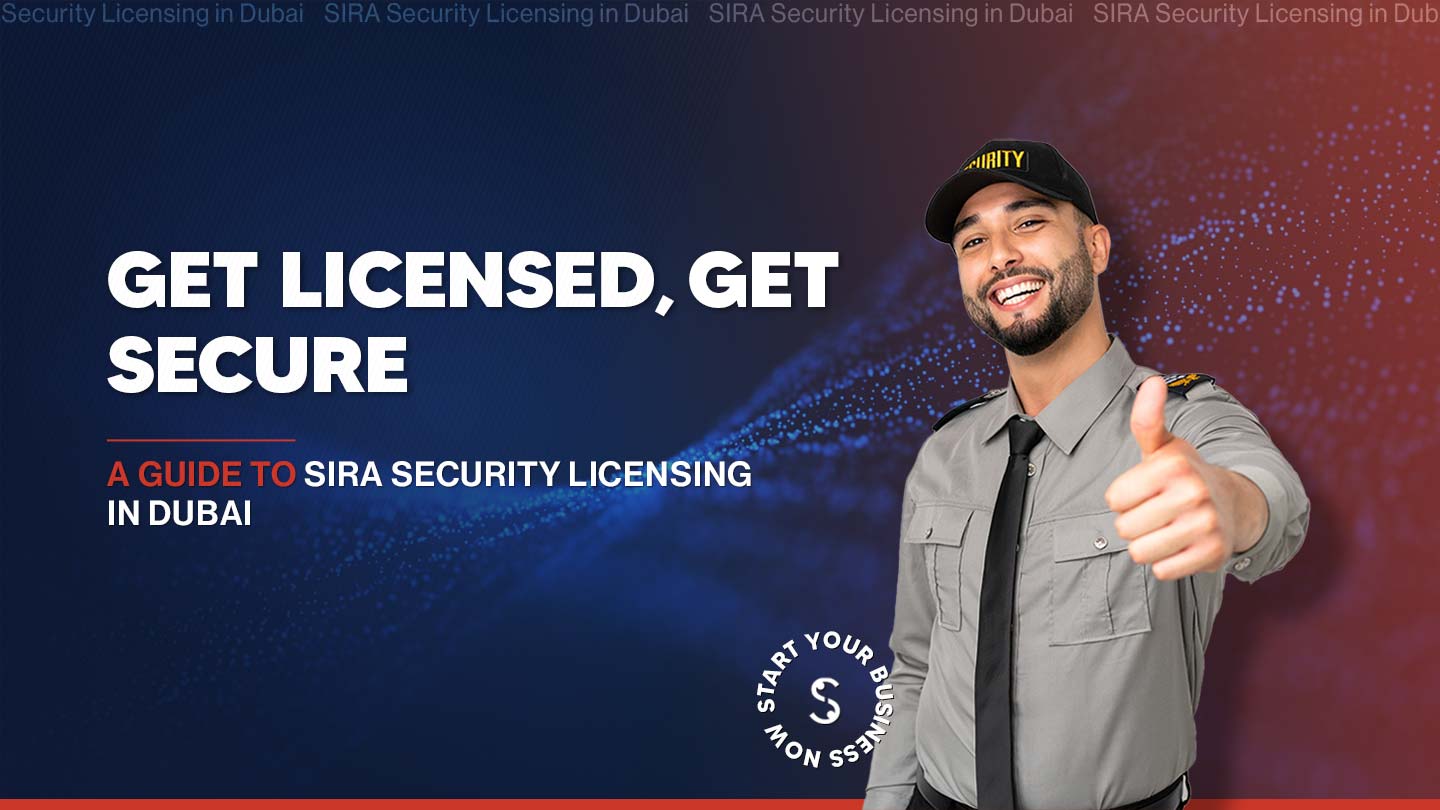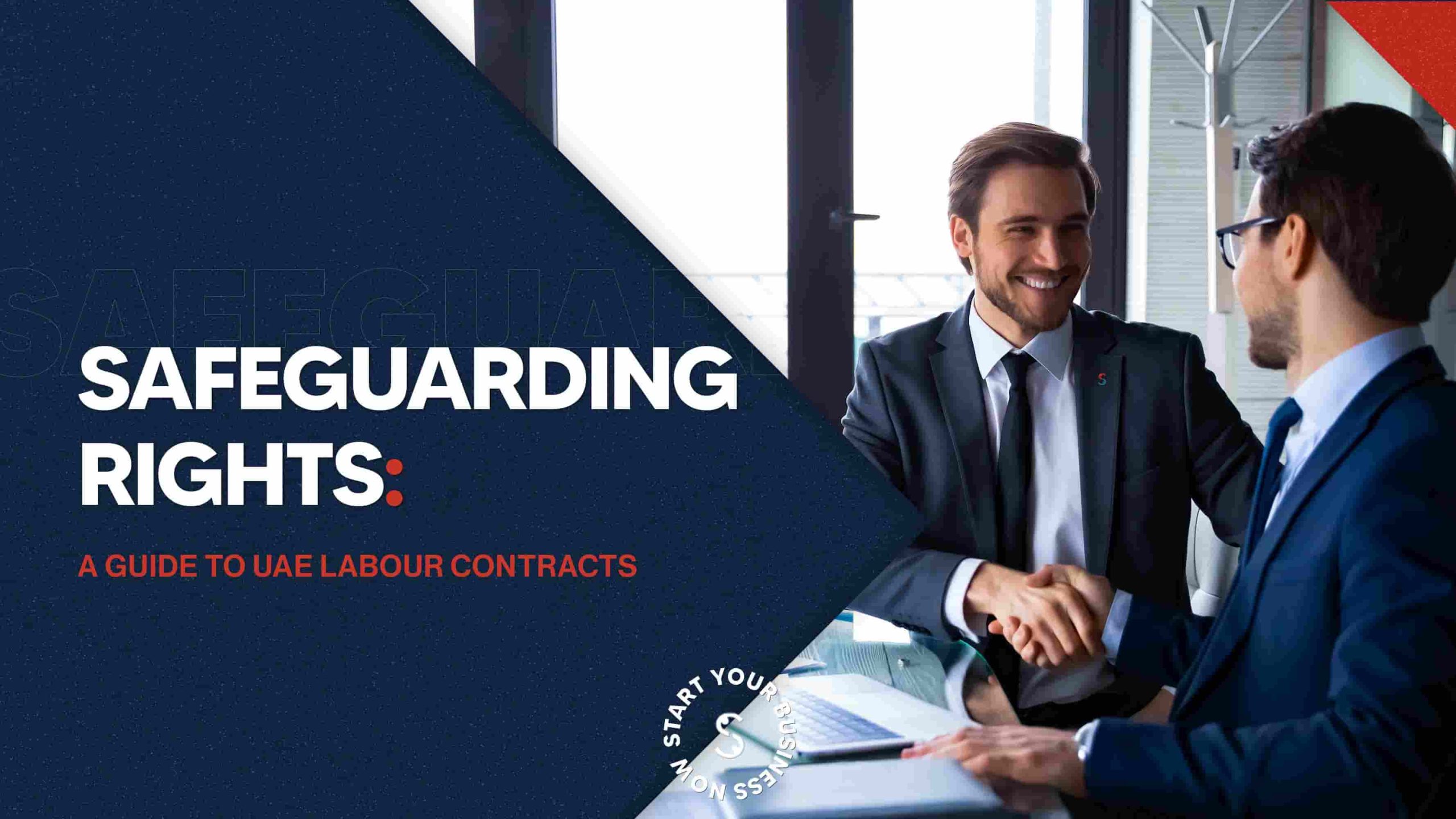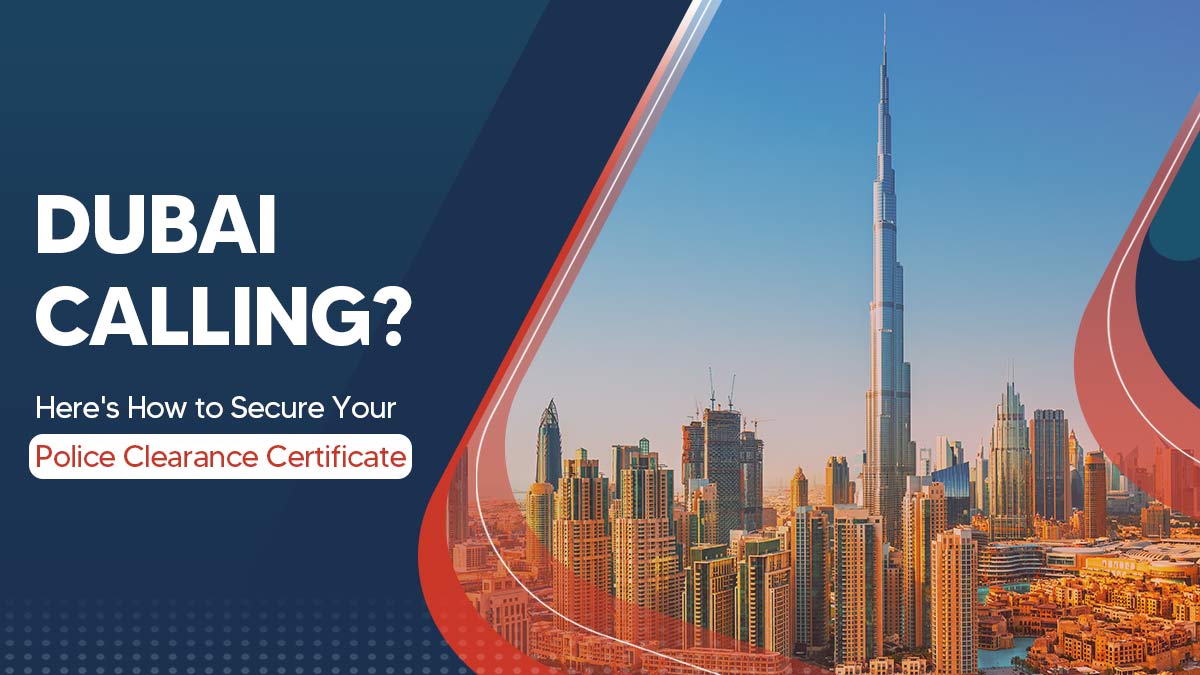Securing ISO certification in UAE underscores a pledge to superior performance and alignment with global benchmarks for quality and effectiveness. This esteemed accreditation enhances a company’s standing amidst the fiercely competitive UAE marketplace, providing clients with the assurance of tireless commitment to upholding an unyielding standard of excellence.
Acquiring ISO certification entails a meticulous progression, commencing with a comprehensive evaluation to gauge compliance with ISO requisites, followed by implementing requisite modifications, and culminating in a formal assessment and certification process. For enterprises in the UAE, navigating the journey toward ISO certification is a strategic voyage that not only enhances credibility but also unlocks avenues for international expansion, furnishing a significant edge in today’s fluid market milieu.
Shuraa Business Setup stands poised to facilitate your attainment of ISO certification in the UAE. Explore further to delve into the details.
What is ISO Certification?
ISO certification in UAE is endorsed by an impartial entity, confirming a company’s adherence to internationally recognised ISO management systems. It validates credibility, enabling companies to compete for contracts and instilling confidence in potential clients regarding the company’s reliability. Governed by the International Organization for Standardization (ISO), these certifications, such as ISO 9001:2015, encompass various industry sectors and are tailored to enhance organisational efficiency and product/service quality. Rather than imposing cumbersome procedures, ISO certifications offer a customisable framework to facilitate operations and foster continuous improvement, encompassing aspects from product/service quality to data security reliability.
Why do we need ISO standards in UAE?
ISO standards are essential in UAE as they symbolise a company’s dedication to upholding global standards of excellence. ISO certification in UAE boosts credibility and reputation in this competitive market while optimising operations and ensuring consistent quality. They also aid in regulatory compliance and foster a culture of continuous improvement. Moreover, ISO certifications facilitate international trade opportunities by adhering to global standards.
Common ISO Standards in the UAE
- ISO 9001:2015: Sets criteria for quality management systems, emphasising customer focus and continuous improvement.
- ISO 14001:2015: Manages environmental responsibilities systematically, supporting sustainability efforts.
- ISO 27001:2015: Establishes information security management systems for safeguarding information assets.
- ISO 45001:2018: Ensures employee health and safety through occupational health and safety management systems.
- ISO 13485:2016: Tailors quality management system requirements for medical device manufacturers.
- ISO 22000: Safeguards food safety across the entire food chain, from producers to retailers.
- ISO 22301: For business continuity, ISO 50001 for energy management, ISO 21001 for education, and ISO 17025 for testing labs also play vital roles in meeting industry needs in the UAE.
How to get ISO certification in UAE?
The following are the points to Apply for ISO Certification in UAE:
Gap Analysis
- Evaluate existing operations against ISO standards.
- Engage with experienced consultants for objective evaluation.
- Generate a comprehensive report outlining necessary actions.
Implementation
- Implement recommended modifications to bridge gaps.
- Adapt processes, introduce new procedures, and educate team members.
- Thoroughly document changes and monitor progress.
Certification
- Prepare for certification audit after successful implementation.
- Choose a reputable ISO certification body for evaluation.
- Resolve non-conformities identified during the audit.
- Obtain an ISO certificate to enhance business credibility.
Popular ISO Certifications in the UAE
The following are the Popular ISO Certifications in the UAE:
ISO 9001 Certification
- Recognised in Sharjah, Abu Dhabi, Dubai, and other cities.
- Ensures adherence to Quality Management Systems (QMS).
- Enhances market presence by meeting customer expectations.
- Compliance with ISO 9001:2015 instils best practices and boosts credibility.
ISO 14001 Certification
- Focuses on Environmental Management Systems (EMS).
- Demonstrates commitment to environmental responsibility.
- Leads to cost reductions and improved operational efficiency.
ISO 22000 Certification
- Essential for the food industry, ensuring food safety.
- Updated to ISO 22000:2018 to harmonise global requirements.
- Vital for controlling safety hazards in food products.
ISO 22301 Certification
- Provides framework for Business Continuity Management Systems (BCMS).
- Standardises processes for business continuity.
- Enables quick recovery from disruptions and safeguards against reputational harm and financial losses.
Business Benefits of ISO Certification
Below are the Business Benefits of ISO Certification:
1. Strategic Asset
ISO certification simplifies operations and enhances customer trust, positioning UAE businesses favourably in the international marketplace by adhering to rigorous ISO standards.
2. Increased Customer Confidence
Certification demonstrates dedication to quality and dependability, leading to heightened customer satisfaction and loyalty. ISO standards, like ISO 9001, prioritize customer requirements, fostering repeat patronage.
3. Increased Efficiency
ISO standards clarify processes and responsibilities, boosting employee performance and overall productivity. Continuous improvement principles promote regular refinement, potentially yielding operational cost savings and increased profitability.
4. Risk Mitigation
Adherence to ISO standards, such as ISO 31000 for risk management, enables proactive identification and mitigation of potential risks. This approach safeguards reputation ensures compliance with legal mandates, and prevents financial penalties and loss of clientele.
5. Elimination of Trade Barriers
ISO certification simplifies global expansion for UAE businesses by facilitating international trade. Globally recognised ISO standards ease entry into new markets, dismantle trade obstacles, and foster trust among potential partners and suppliers, enhancing opportunities for collaboration.
6. Accessing New Markets and Clients
ISO certification serves as a passport for businesses to expand globally. It assures potential clients of adherence to recognised standards, which is crucial for building trust abroad and meeting diverse regulatory requirements. In the UAE, ISO certification goes beyond compliance, fostering stakeholder trust, operational excellence, and market expansion. Embracing ISO as a strategic investment is essential for staying ahead in evolving landscapes.
With Shuraa Business Setup
ISO certification in the UAE transcends mere compliance, symbolising an organisation’s unwavering commitment to excellence and a gateway to global success. Cultivating a culture of continuous improvement, prioritising customer satisfaction, and fostering efficiency are fundamental to this esteemed certification.
By navigating the ISO certification process diligently, your business can attain recognition for quality and a catalyst for growth and industry leadership. Adopt the expedition towards ISO certification with confidence, knowing it positions your enterprise to excel in the competitive landscape of the Emirates and beyond, resonating trust with clients and partners alike.
Our business experts are here to guide you every step of the way towards ISO certification in Dubai. Contact us at +971 4 4081900, WhatsApp at +971 50 7775554, or email [email protected] for assistance.
FAQs
Q1. How long is an ISO certificate valid?
The majority of ISO certifications are valid for 3 years. Maintenance & Recertification: Once awarded, an ISO certification remains valid for 3 years. To maintain compliance and achieve intended objectives, the Quality Management System (QMS) established for accreditation must be regularly maintained. This ensures both continuous improvement and eligibility for recertification.
Q2. How much does ISO certification cost?
The cost of ISO certification varies depending on the type. For example:
ISO 9001 Certification costs in UAE range from 3000* to 4770* AED.
ISO 45001 Certification cost in Dubai ranges from 4580* to 5470* AED.
Q3. How can I obtain ISO certification in Dubai?
Here are the essential steps to becoming an ISO-certified business:
Develop your management system and identify core or business processes.
Implement your system, ensuring procedures align with documented processes.
Verify the effectiveness of your system through internal audits.
Register your plan to achieve certification.

